Why You Should Keep a Journal If You’re a Creative Person
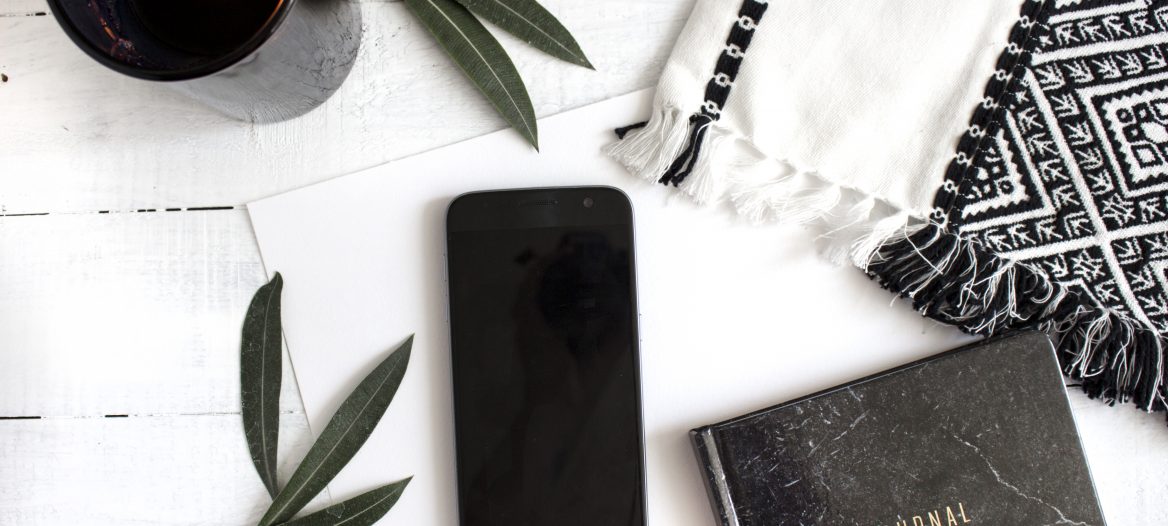
Some people suggest there are two types of creatives: those who struggle to find ideas and those who have too many. If you fall into the latter category, I’m going to bet you have something the strugglers don’t. I bet you have some kind of reliable idea capture system. All creatives need one. Which is why you should keep a journal if you’re a creative person.
Note:
This post is the first in our 5-part blog series on creative journaling, which can also be used as a ‘take it anytime’ 5-day creative journaling challenge. If you want to join in, there will be a task or two (or occasionally three) at the end of each post. See the other posts in the series here (I’ll add them as they go live over the next few days):
Part 2: How To Start A Creative Journal
Part 3: Nurture Your Mind and Spirit Through Creative Journaling
Part 4: Boost Your Creativity By Journaling
Part 5: 5 Styles of Creative Journaling
Want to come back and take the challenge when you have more time? Bookmark this post (or Pin it) so you can find it again.
So do you really need a journal? Sure there are other ways to capture ideas. I use a combination of computer files, physical binders, and the notes function on my phone. Not to mention screen shots and digital bookmarks (I have a lot of them). I don’t love online organization systems, but even I use Asana. Lots of people use Evernote or Scrivener. But you must use something. And I strongly suggest a good old fashioned journal. Here’s why.
A journal is an excellent tool to practice daily creativity and capture all your brilliant ideas. I’m not really talking about the type of journal you use to write your innermost thoughts and feelings (though you definitely could do that, and it might lead to creative ideas). Instead, creative journal writing focuses on helping you to solve problems, brainstorm ideas and practice creativity.
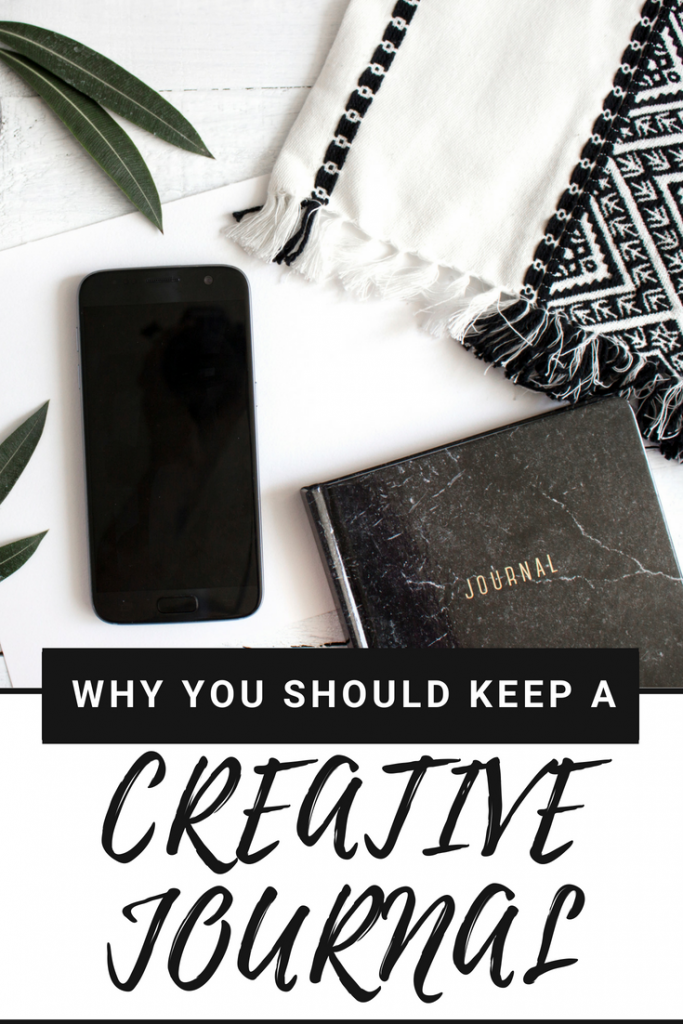
Disclosure: Sometimes my work here (and all around the web) contains affiliate links. Find out what that means here.
I use journal writing prompts with a personal slant. Things like ‘Where would I like to visit and why?” or “Which causes would I like to donate time and money to?” They expand my personal horizons, but also lead to a TON of articles, essays, and stories. Here are just a few of the reasons why you should keep a journal when you’re a creative person.
Idea capture
As already mentioned, journals are a great place to jot down, work through, and expand upon ideas. If I ever run short of ideas for my creative writing projects, I have several years’ worth of creative journal writing to dig into. I write ideas for essays, articles, books, stories, and other writing projects. I also write ideas about products I want to create, blogs I want to start, and branches of my online business I want to develop.
All my books started off as jumbled ideas in my journal. So did my success kits. So did my Savvy Solopreneur blog. Even my new printable journal started off as an idea in my journal! A journal within a journal, so to speak. And the prompts and quotes I added to it, were all prompts I used, and quotes I recorded… Guess where? Yep, in my journal.
Just this week, I’m making the ‘Do Less, But Better’ journal available for a crazy low price. Click the image below to check it out.)
Creative journal writing helps you hone your skills
One of the best reasons to practice creative journal writing is it helps you to hone, develop and refine your skills. Creativity doesn’t always come naturally. It takes a lot of practice to maintain it. Whether you’re a writer, a blogger, a designer, or any other king of creative, there is always a new technique to learn and story-telling skills to practice. By writing your ideas down, practicing your drawing technique, mind-mapping your projects or simply practicing your writing, you’ll continue to develop essential skills.
Journals have multiple uses
Creative journals tend to be more disorganized than standard notebooks. We tend to use them in many different ways. I use my journal to sketch, plan and brainstorm. I jot down quotes I love, books I want to read, and TED talks I want to listen to. Often I use it to track a one-week or one-month challenge (I’m on a no-chocolate challenge this week – it’s not going well). Whatever function you need it to meet you can use it for that purpose.
Silencing your inner critic
If you tend to be a perfectionist when it comes to your creativity, it could really be holding you back. That inner critic can kill creativity, making you focus on the result, rather than the process. A journal can help silence your self-doubt. You will feel like you’re writing for you, even though you’re going to use these ideas, concepts and doodles in your future work. You focus on process when you’re working in your journal. There are absolutely no rules as to what you can and should put into it. There’s no wrong thing to write, plan, speculate about, or draw. It’s a safe space where your creativity can flow without being judged.
I love journaling in the front of the binder that I keep all my other creative projects in, so I just LOVE printable journal pages. That’s why I’ve just created the printable journal mentioned above. I’ve taken a lot of the prompts and quotes that inspire me, created some monthly planning pages, and made some big, bold, beautiful quotes (they’re part of the journal, but you can also print them out separately and frame them), like this:
Check out my printable journal here. Looking for a beautiful physical journal? I love this one and this one.
Doing our 5-day journaling challenge?
Today’s task is:
Get hold of a journal you love. Download mine, buy one online or go browse in a real live stationery store. Or dig through your collection of almost unused notebooks, if your that person (don’t worry I’m a notebook addict too) and find one to use.
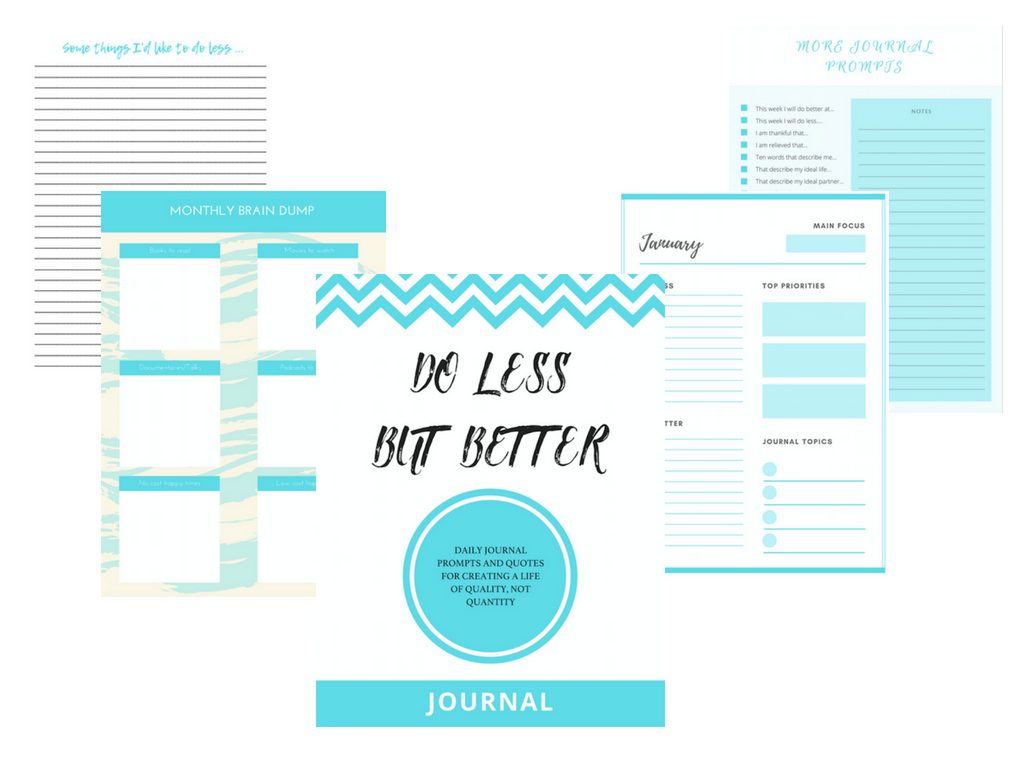

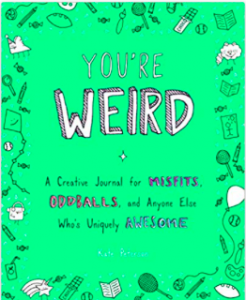
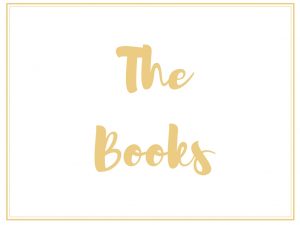
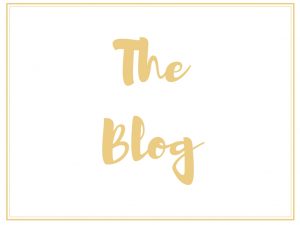



Be the first to comment.